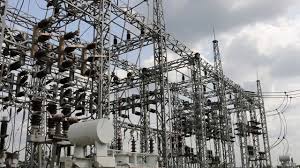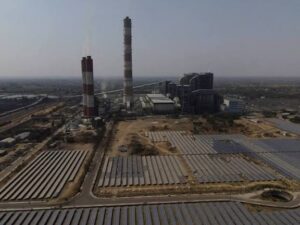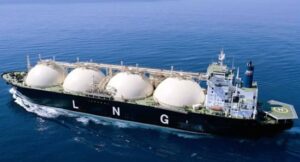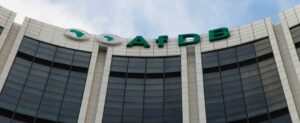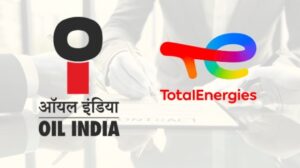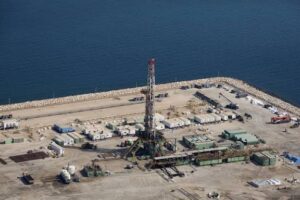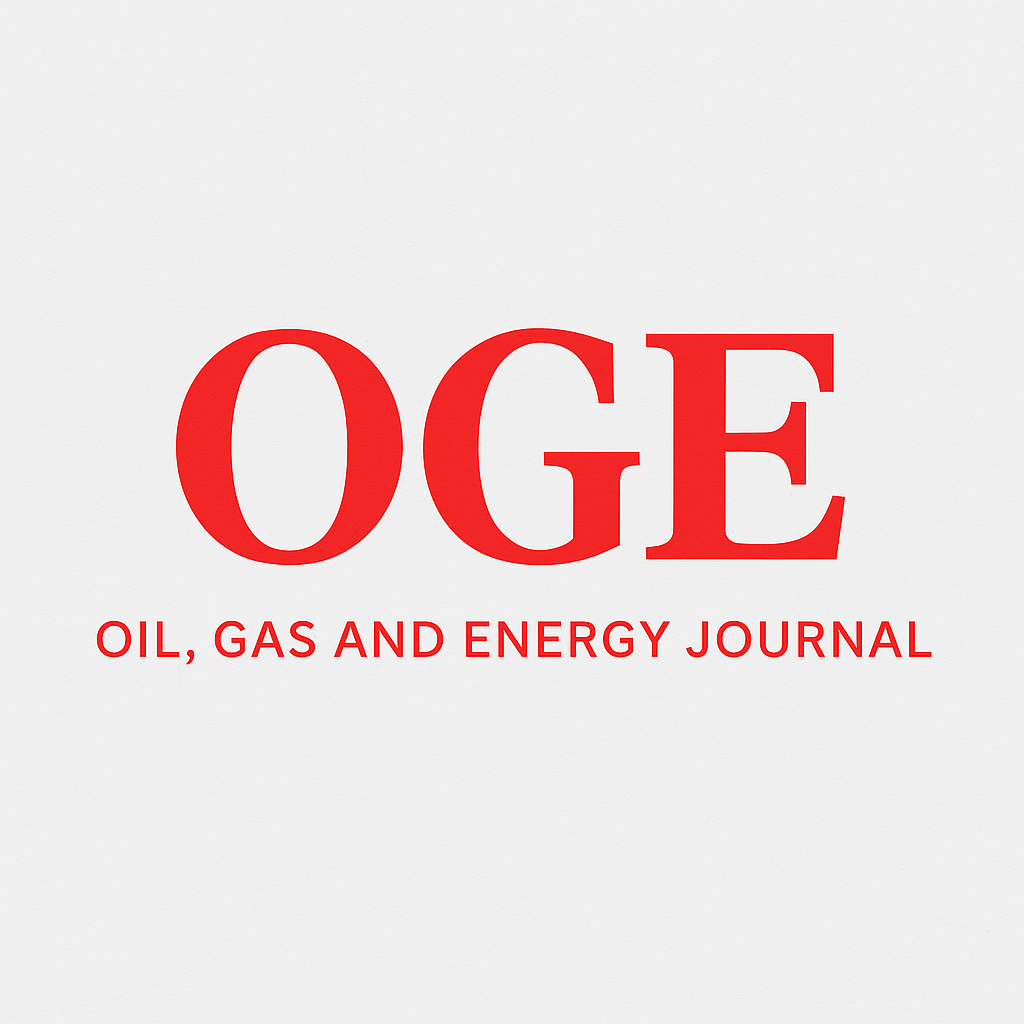The Federal Government is preparing to roll out a new targeted electricity subsidy aimed at shielding low-income Nigerians from rising energy costs while improving the financial stability of the power sector.
Minister of Power, Adebayo Adelabu, disclosed this at the Nigeria Energy Forum in Lagos, saying the subsidy will focus on vulnerable consumers to ensure affordability without undermining the long-term viability of distribution companies. He also revealed plans to introduce stricter financial standards for power distributors, requiring them to meet a minimum capital adequacy benchmark before their licenses can be renewed.
Adelabu outlined several ongoing reforms and infrastructure projects designed to strengthen the electricity industry. He confirmed that Nigeria has begun exporting locally assembled solar panels to Ghana — a milestone that positions the country as a growing player in regional clean energy markets.
The minister said grid expansion remains a national priority under the Presidential Power Initiative (PPI), noting that the first phase had already added over 700 megawatts (MW) of transmission capacity. The next stage, which aims to deliver an additional 7,000MW, is being executed in partnership with Siemens Energy, Power China, CMEC, and Elswedy Electric.
He also highlighted progress at the Zungeru Hydropower Plant, which has now been fully integrated into the national grid, helping raise Nigeria’s average generation capacity to about 5,300MW in 2024 — up from 4,200MW the previous year.
In a major structural change, the Transmission Company of Nigeria (TCN) has been divided into two independent entities: the Nigerian Independent System Operator (NISO) and the Transmission Service Provider (TSP). Adelabu described the unbundling as “long overdue” and essential for improving grid performance and accountability.
To tackle metering challenges, the government has secured ₦700 billion from the Federation Account Allocation Committee (FAAC) to fund the Presidential Metering Initiative (PMI). The plan targets the deployment of 1.1 million meters by the end of 2025 and two million more annually for the next five years. This will complement the 3.2 million meters being procured through the World Bank’s DISREP programme.
Adelabu further revealed that Nigeria is mobilising over $2 billion from international development partners, including the World Bank’s DARES programme, the Nigeria Sovereign Investment Authority’s RIPLE platform, and Japan’s JICA fund, to expand renewable energy access across rural areas.
He added that the government is also investing in human capital by upgrading facilities at the National Power Training Institute of Nigeria (NAPTIN), equipping it with new workshops, simulators, and accommodation for trainees.
According to Adelabu, recent agreements from the Nigerian Renewable Energy Innovation Forum will boost local solar manufacturing capacity to about 4 gigawatts annually — nearly matching 80% of the country’s total current power generation.
The minister urged investors to take advantage of Nigeria’s renewed energy drive, saying the sector now offers unprecedented opportunities for private participation, particularly in transmission and renewable energy infrastructure.
“With over 10 gigawatts of stranded generation capacity, Nigeria is ready to partner with investors who can help unlock this potential,” Adelabu said, adding that the country’s energy transition could fuel industrial growth and shared prosperity in the years ahead.

